Following the global debut in December 2024, Toyota has now showcased the production-spec Urban Cruiser EV at the 2025 Gaikindo Indonesia International Auto Show. The Urban Cruiser EV is Toyota’s version of the Maruti Suzuki e-Vitara, developed as part of the ongoing partnership between the two Japanese carmakers. The Urban Cruiser EV will be produced at Suzuki’s Gujarat plant, with a launch likely later this year.
Also Read: Maruti Suzuki To Drop E Vitara Name For Its First EV? E-SUV Spotted On Test With New Identity
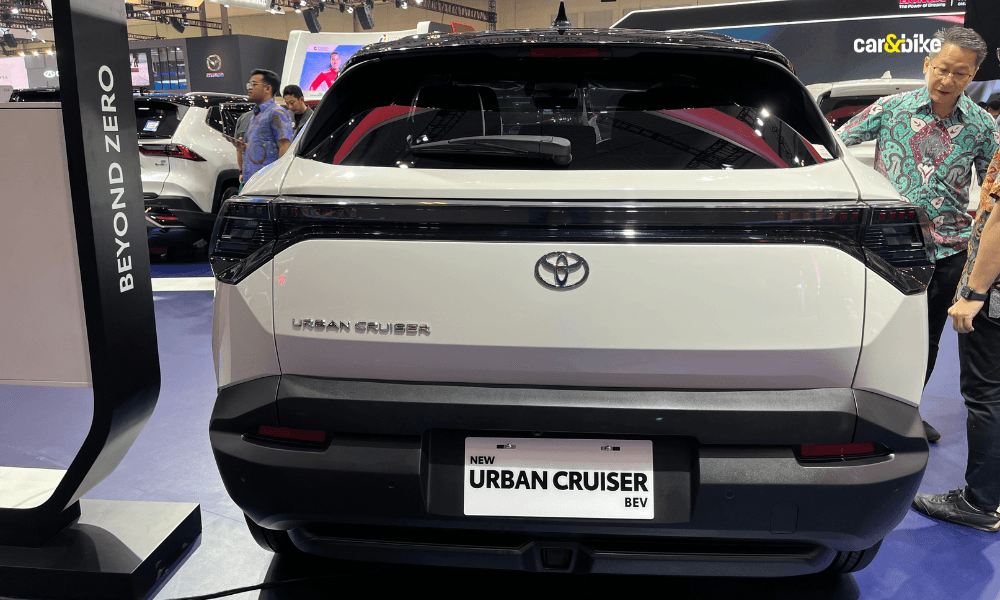
While the Urban Cruiser EV shares its underpinnings with the e-Vitara, it features distinct styling elements, particularly in the fascia. It has swept back headlights with eyebrow-like extensions, a large central air intake, and a cleaner look, overall. However, in profile and rear, the Urban Cruiser EV’s resemblance to the e-Vitara becomes unmistakable, and even the charging port remains positioned on the front fender, just like its Maruti counterpart.
Also Read: Toyota Urban Cruiser Hyryder Long Term Review: Introduction
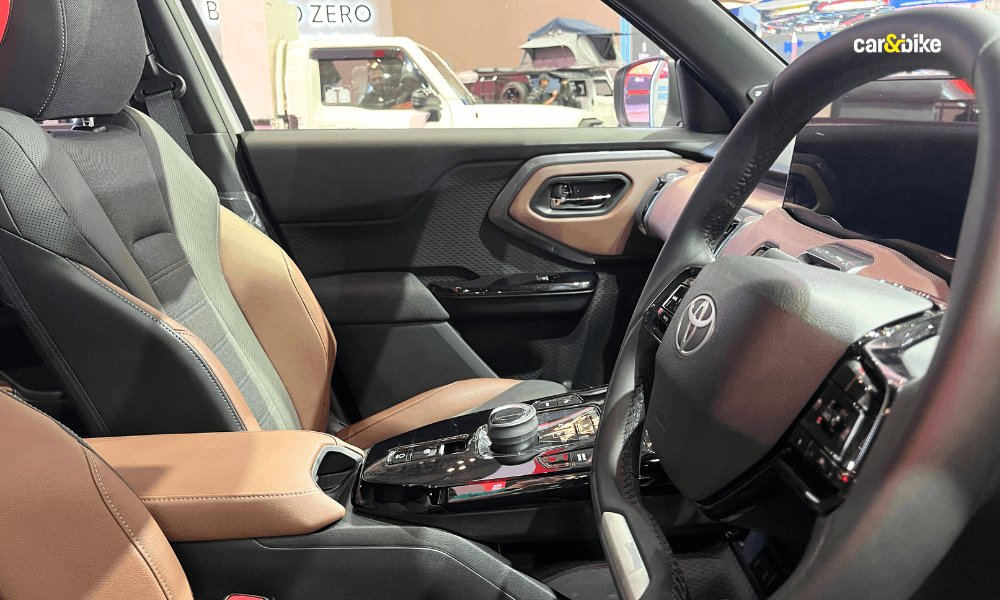
On the features front, it gets a suite of advanced driver assistance systems, 360-degree cameras, a 10.25-inch digital instruments display, a 10.1-inch touchscreen, and a JBL sound system, among others.
Moving to the powertrain, the Urban Cruiser EV comes with both front-wheel drive and all-wheel drive configurations, along with multiple battery options. The base variants are equipped with a 49 kWh (300 km claimed range) battery paired with a single electric motor delivering 142 bhp and 189 Nm of torque.
Also Read: MG M9 Vs Toyota Vellfire: Specifications, Features, Prices Compared
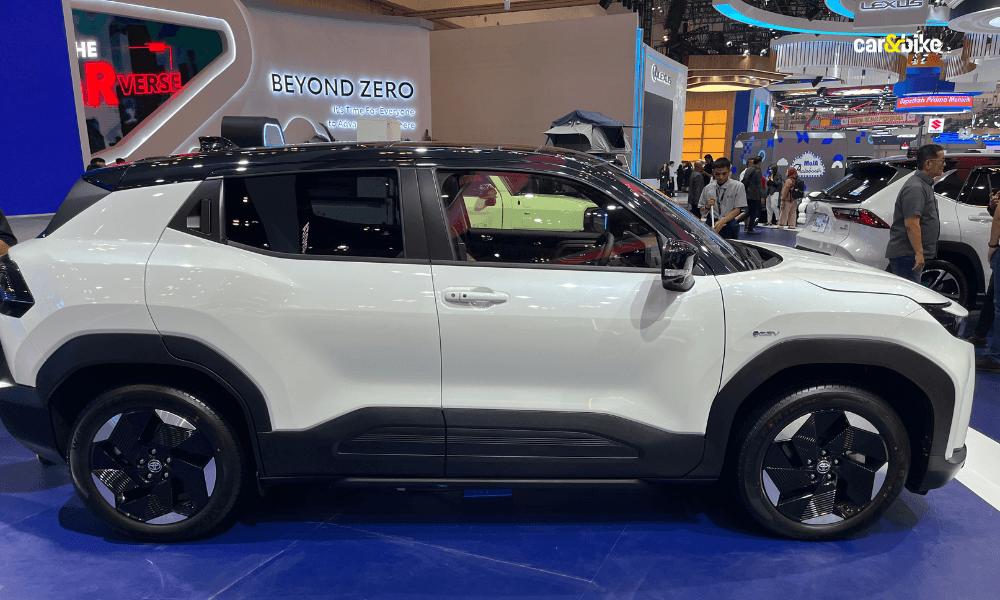
Stepping up, the larger 61 kWh (up to 400 km) battery is available in both FWD and AWD versions overseas. The front-wheel drive setup produces 172 bhp and 189 Nm, while the all-wheel drive variant puts out a combined output of 181 bhp and 300 Nm of torque.
The upcoming Urban Cruiser EV will mark Toyota’s entry into the electric vehicle segment in India. With its launch, it will get into the ring with the Maruti e-Vitara, Tata Nexon EV, Hyundai Creta Electric, and others in the segment.










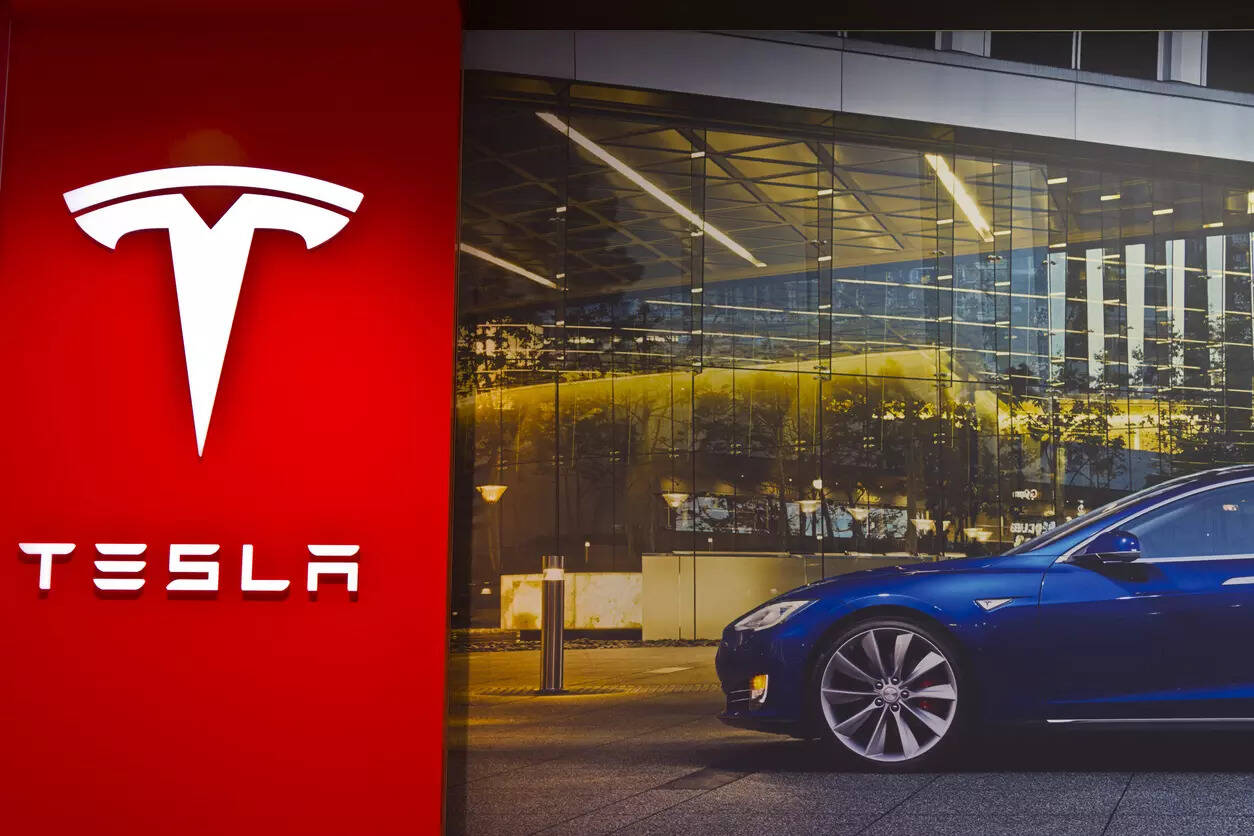
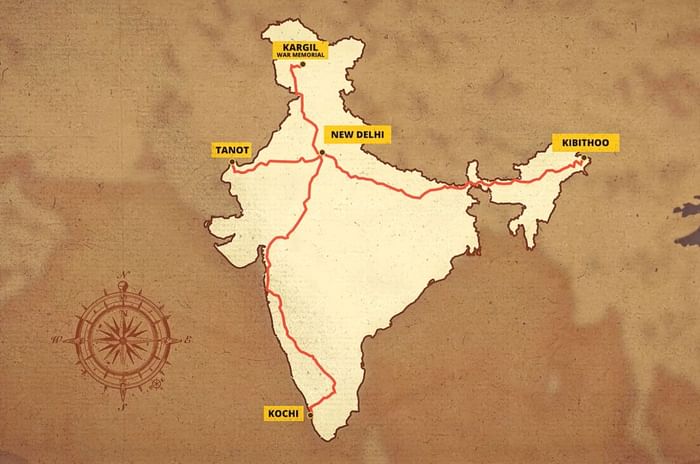

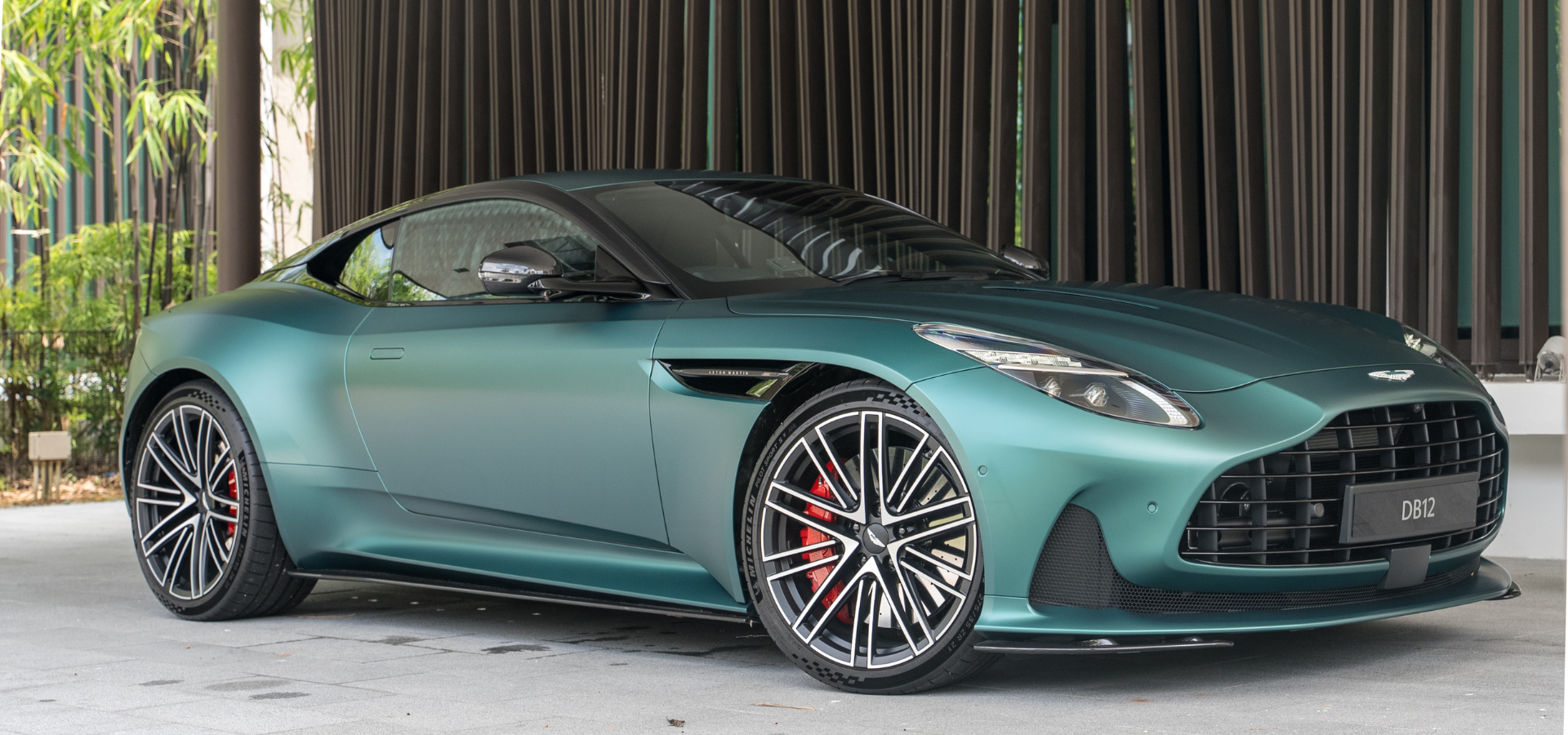
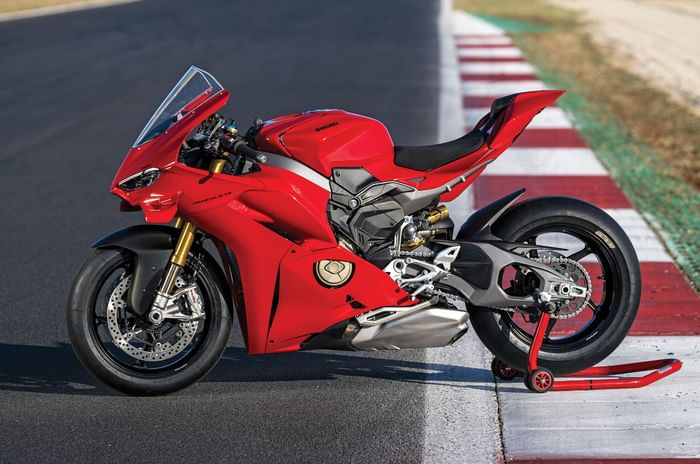

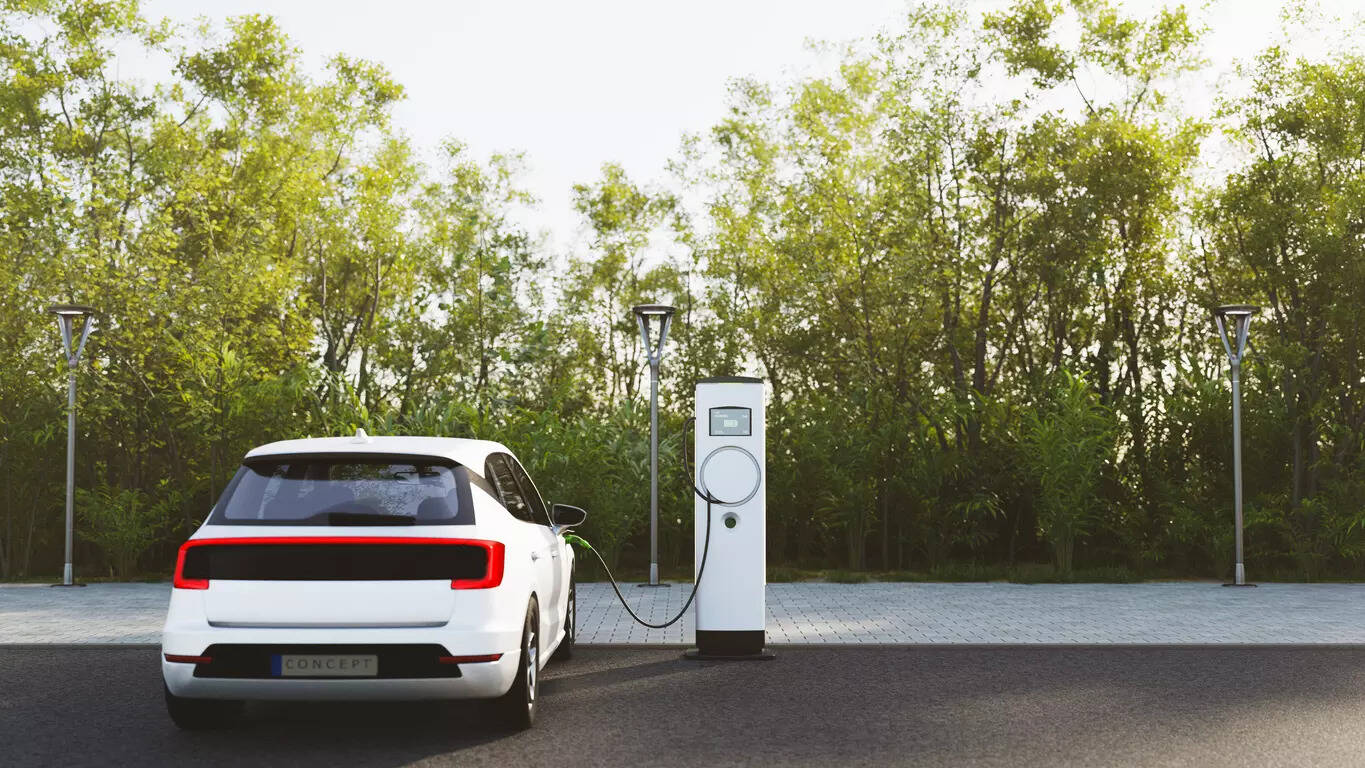

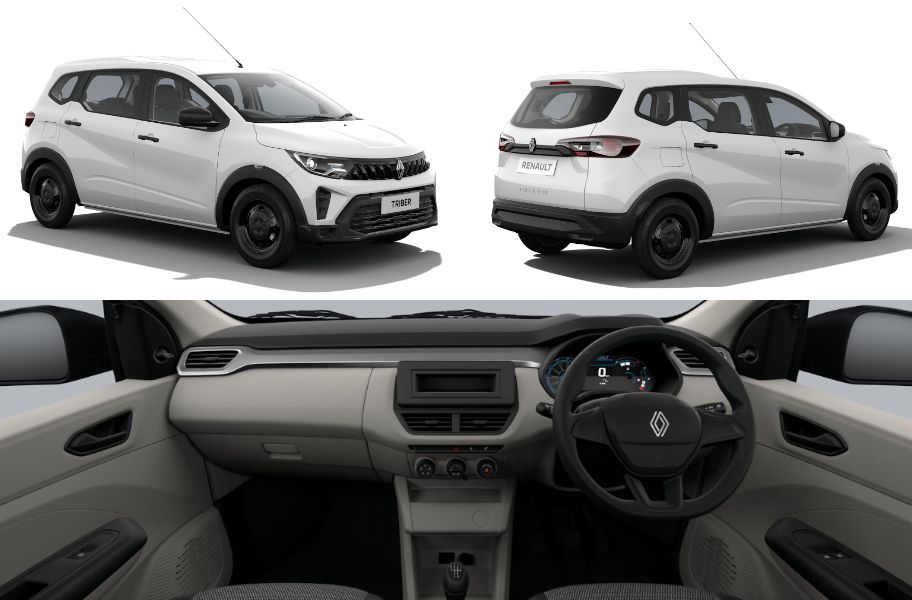



































![[EN] 2025 PMWC at EWC Group Stage Day 1 | PUBG MOBILE WORLD CUP at ESPORTS WORLD CUP [EN] 2025 PMWC at EWC Group Stage Day 1 | PUBG MOBILE WORLD CUP at ESPORTS WORLD CUP](https://dartjets.com/wp-content/uploads/2025/07/1753511645_maxresdefault-120x86.jpg)